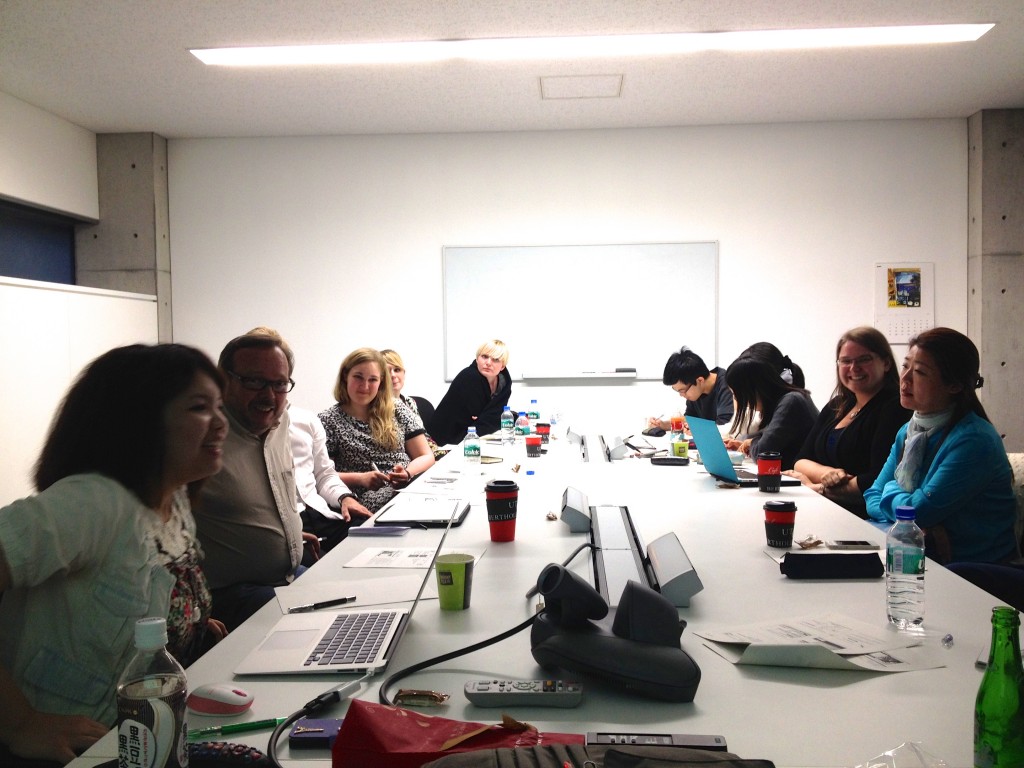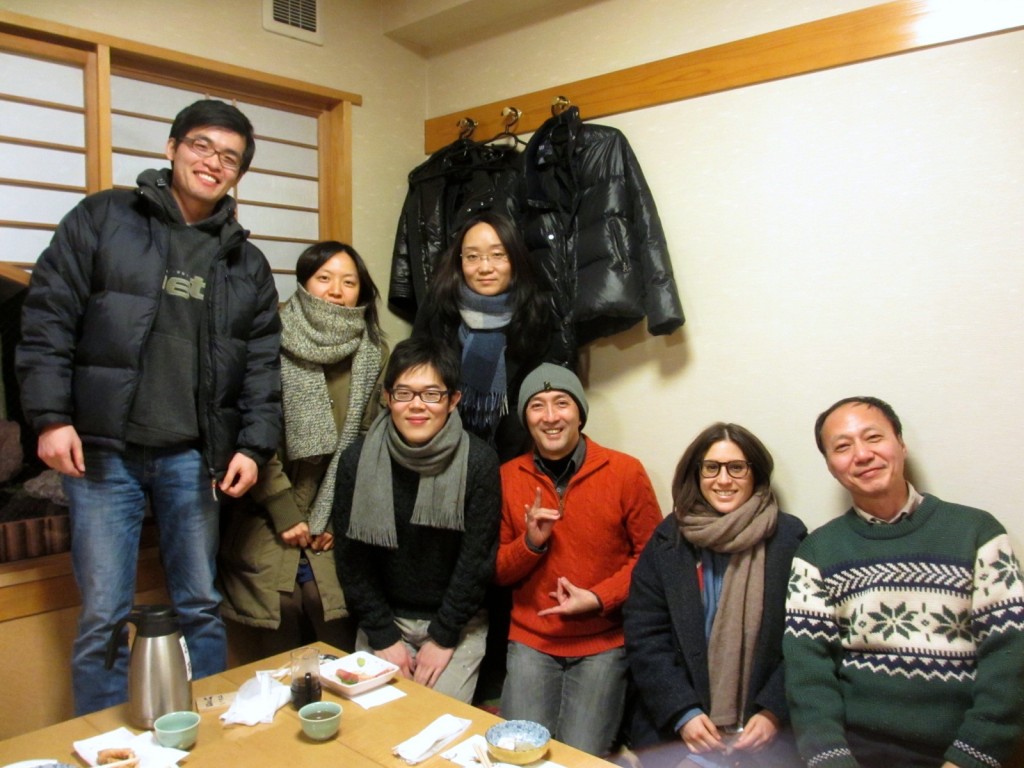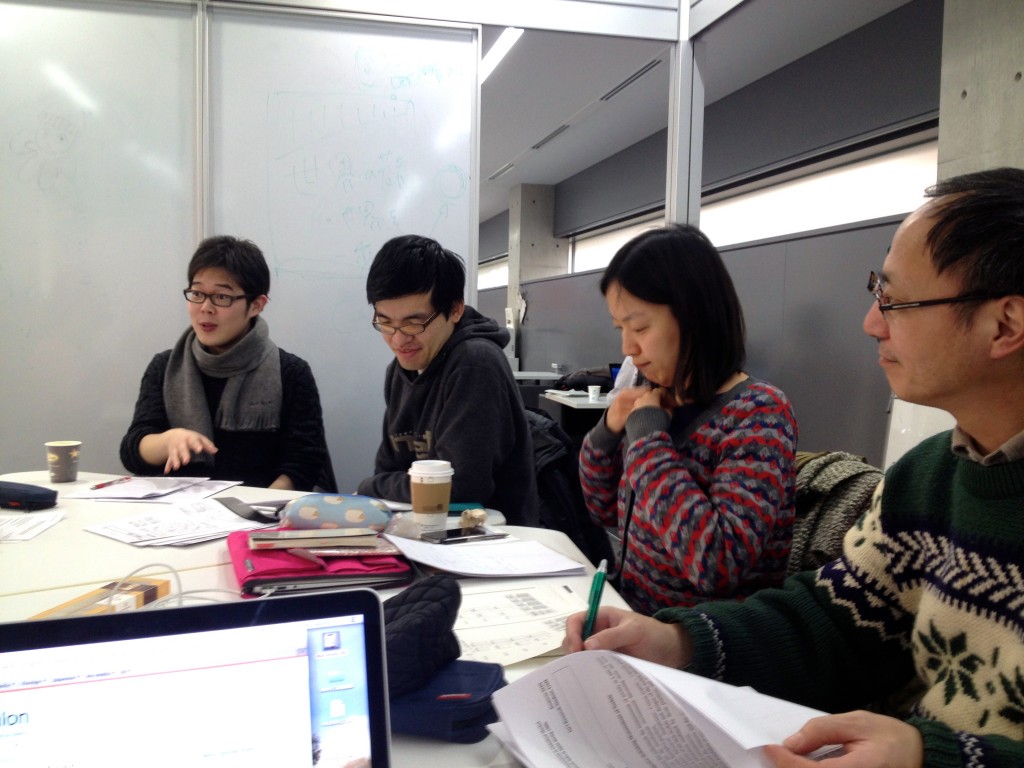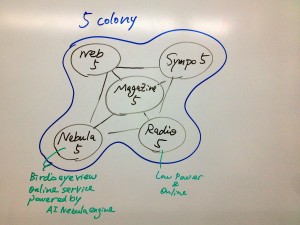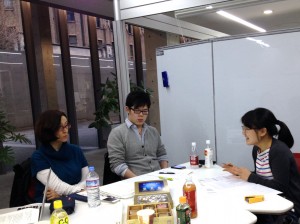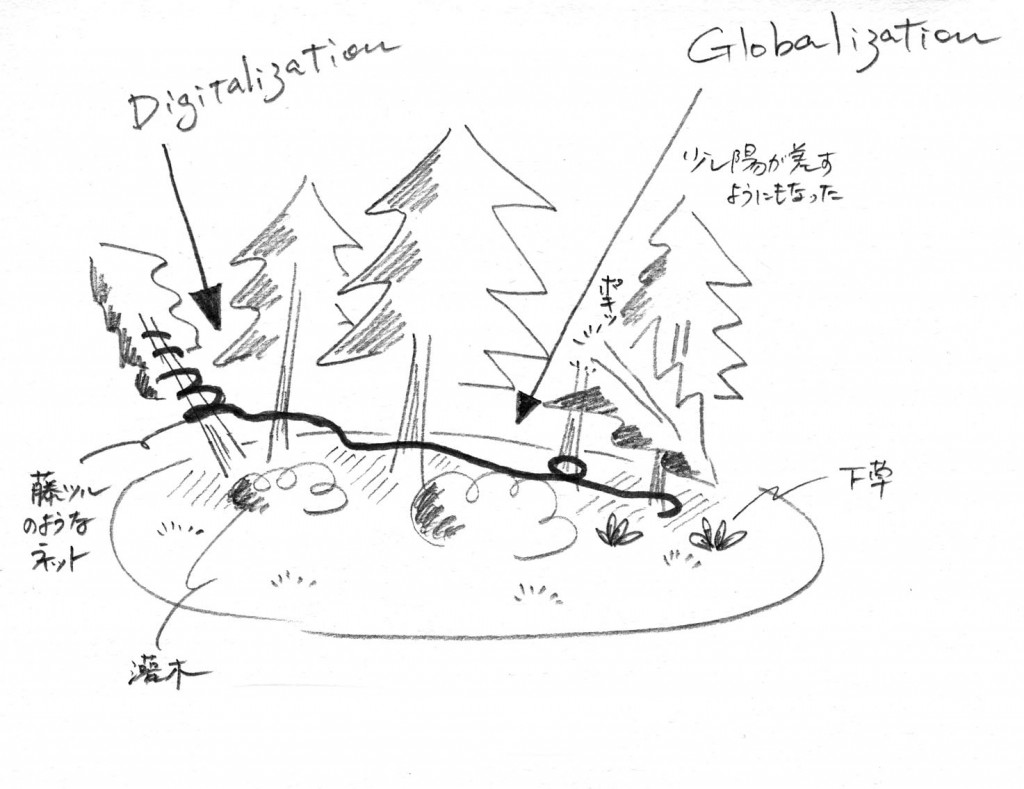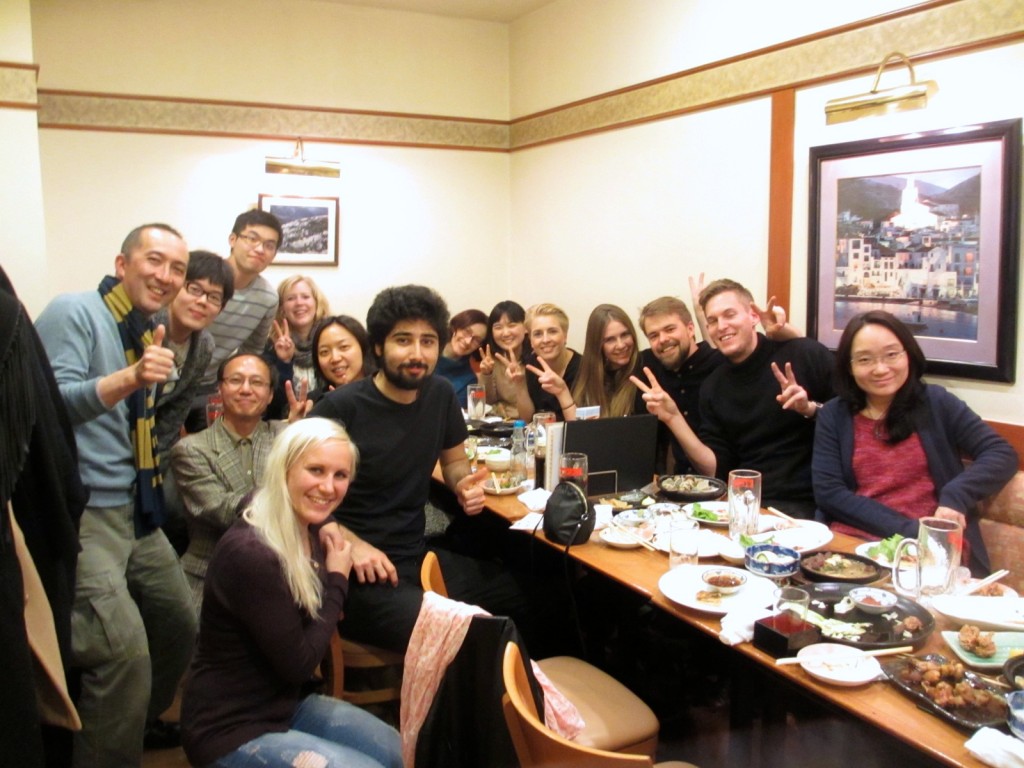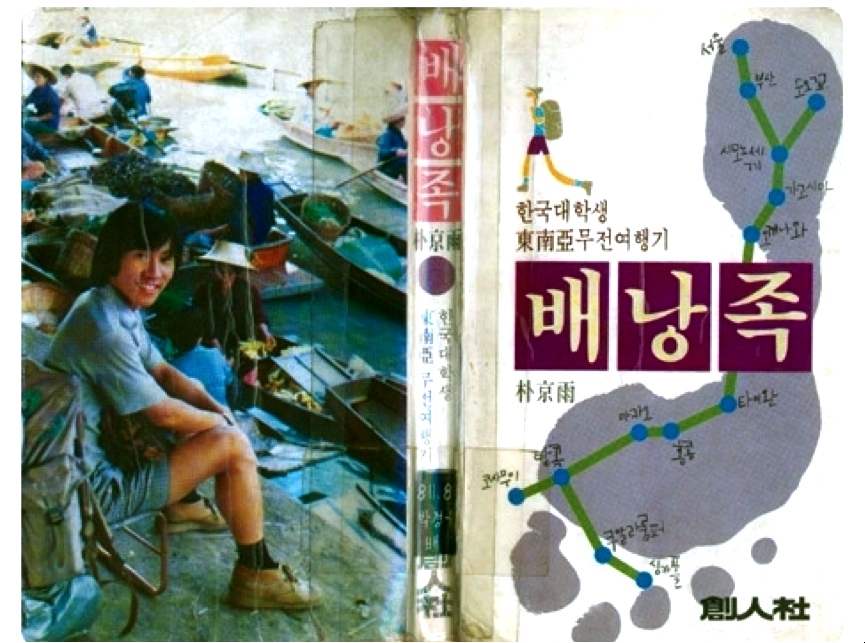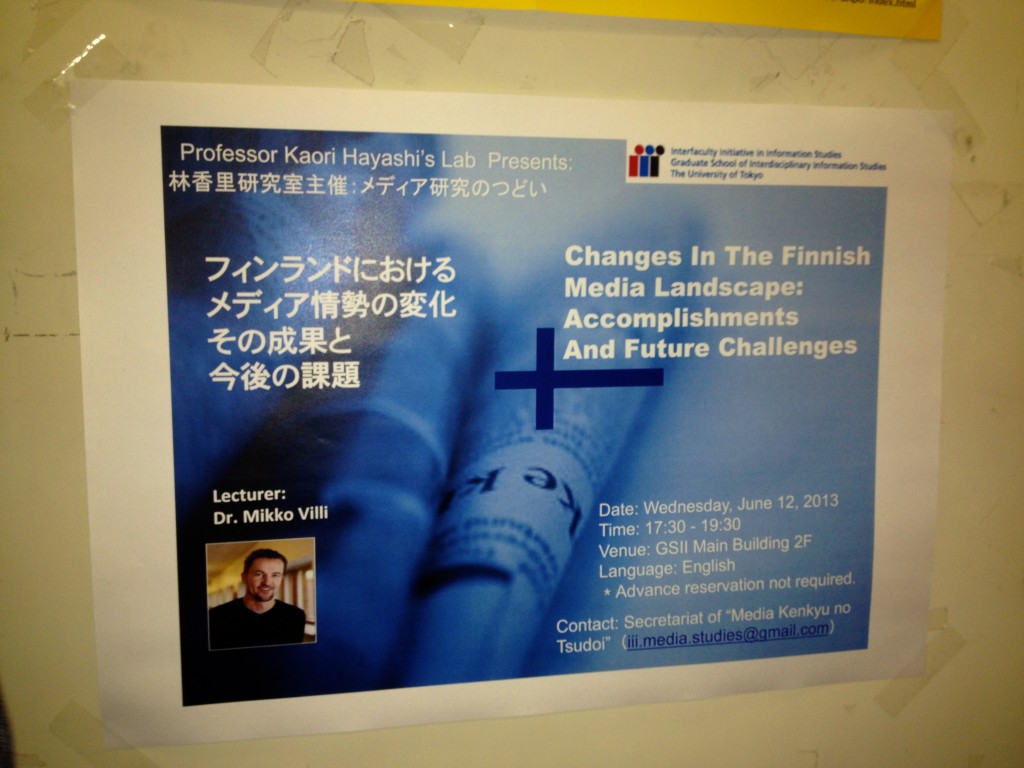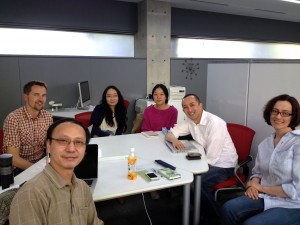The Polish media landscape: historical background and current situation
The Biotope Salon meeting on October 17, 2013 was devoted to the Polish media. Dr. Iwona Merklejn, International Research Fellow of the Interfaculty Initiative in Information Studies gave a presentation about the Polish media system. As this topic is rarely discussed in Japan, the presentation offered a general overview of the largest media market in Eastern Europe.
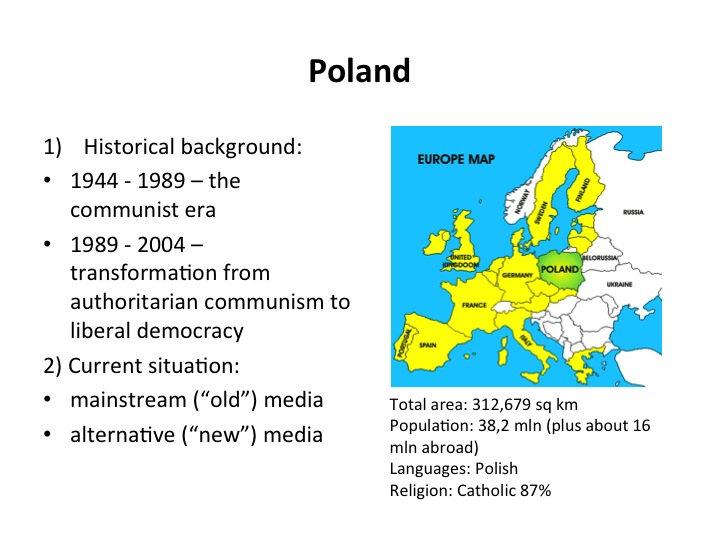
Located between Germany and several former Eastern bloc nations, Poland has been a member state of the European Union since 2004. It is a nation of about 38 million people sharing one language – Polish and a relatively homogenous culture. Estimates vary, but according to the Polish Ministry of Foreign Affairs, one should add to the home population about 15-16 million Polish living abroad. The diaspora has been historically very significant in the formation of Polish language and culture, and with the rise of the “new” online media, one can expect it to play an even greater role.
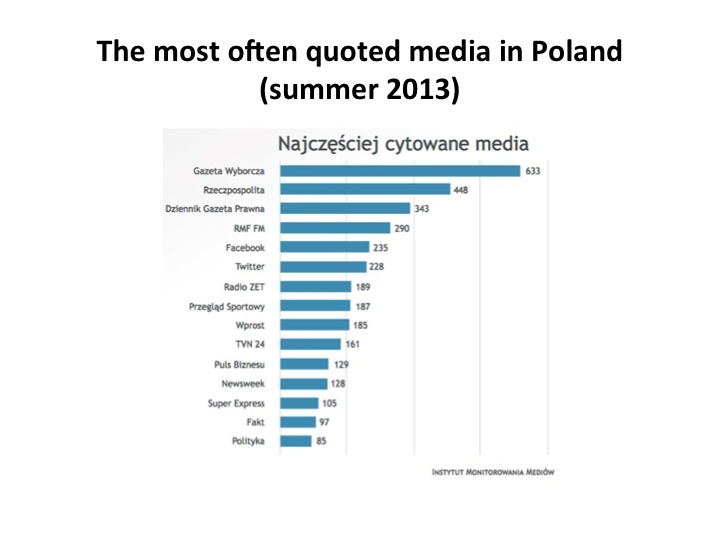
The recent trends in the Polish media need to be explained against the historical background of the postwar history of Poland. The contemporary Polish media system is functioning within a framework set in the process of transformation from authoritarian communism to liberal democracy, and its present condition is impossible to understand without some knowledge of that transformation. Therefore, the presentation consisted of three parts: the postwar communist authoritarian system (1944-1989), the transformation from authoritarian communism to liberal democracy (1989-2004) and the recent trends including the rise of the “new” online media (2004-2013). Recently, the “new” online and social media have been growing in Poland at a very fast rate. Facebook has 14.9 mln users and is on the rise (source: wirtualnemedia.pl, last access: 15.10.2013). Twitter with 1.5 mln users (2012) is still niche, but popular among youth, celebrities and politicians trying to boost their image (data source: Megapanel Gemius, last access: 15.10.2013).
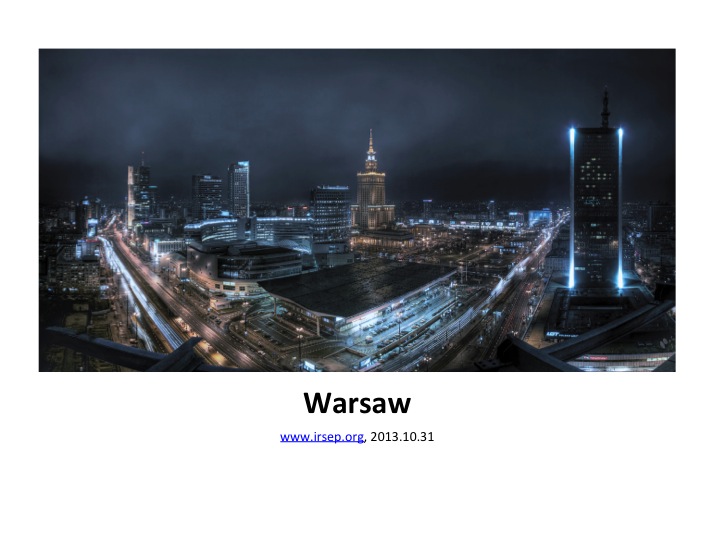
One factor in this growth is the fact that the population is relatively young – the last baby boom in the country happened in the early 1980s, hence there is a large generation of “digital natives” in their late 20s and early 30s. These young people are also well educated (two college degrees are not unusual). For those of them who emigrated after the opening of the EU job markets, social media are the way of keeping in touch with the home country.
References:
Applebaum, A. (2012). The Iron Curtain. The Crushing of Eastern Europe 1944-1956.Allen Lane (Penguin Books).
Dobek-Ostrowska, B. (2012). “Italianization (or Mediterreanization) of the Polish Media System?” In: Comparing Media Systems Beyond the Western World, ed. Hallin, Daniel C., Paolo Mancini. Cambridge University Press.
Goban-Klas, T. (1994). The Orchestration of the Media The Politics of Mass Communications in Communist Poland and the Aftermath. Westview Press.
小森田秋夫(2012)「ポーランド:政治化」と「商業化」からの脱却を模索する公共放送」『比較法研究』第73号、2012年
(Iwona Merklejn: International fellow of the iii)
